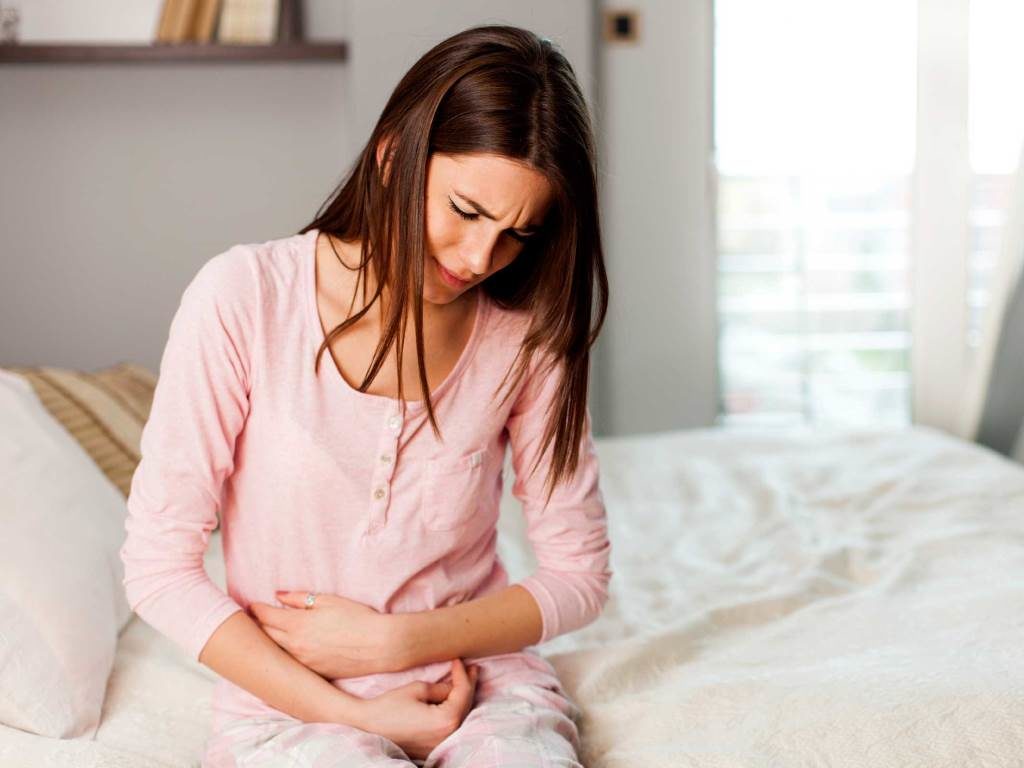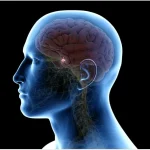

What is pelvic inflammatory disease (PID)?
PID is infection and inflammation of one or more organs in a woman’s pelvic area, such as the cervix, endometrium (lining of the uterus), fallopian tubes or ovaries.
It affects around 1 in 8 women and is most common in sexually active women aged 20 to 24.
When diagnosed early, PID is easily treated and most women make a full recovery.

What are the symptoms of PID?
Symptoms of PID include:
- lower abdomen or back pain
- pain during sex or urination
- abnormal periods or increased pain during periods
- abnormal vaginal discharge, including bleeding after sex
- fever, chills, nausea or vomiting
If you have any of these symptoms, please see your doctor.
It can be difficult for a woman to tell if they have PID. Some women may not have any symptoms, particularly when PID is caused by a chlamydia infection.
Sometimes symptoms are mild and develop slowly. In some cases, severe symptoms can develop quickly.
What causes PID?
PID is caused by a bacterial infection spreading from the cervix to other female reproductive organs. The most common causes of PID are sexually transmitted infections (STIs), most commonly gonorrhoea or chlamydia.
More rarely, the infection can follow an abortion, insertion of an intrauterine contraceptive device or childbirth.
How is PID diagnosed?
PID can be diagnosed with a vaginal examination and vaginal and cervical swabs. Other tests include a blood test, a urine test and an ultrasound.
How is PID treated?
PID is treated with a combination of antibiotics for at least 14 days. During treatment, you are advised not to have sex.
If you or your partner are diagnosed with an STI you may also need to contact previous sexual partners to inform them they should get checked. Your doctor or nurse can assist you with how to contact trace your sexual partners.
What are the complications of PID?
When PID is treated early, it greatly reduces the risk of complications such as lower fertility, chronic abdominal pain, ectopic pregnancy (foetus development outside of the uterus such as in the fallopian tubes), miscarriage, premature birth and stillbirth.
Women with severe PID symptoms (fever, nausea, vomiting) and pregnant women may need to be hospitalised to have intravenous antibiotics.
Can PID be prevented?
Condoms are the best method of protection against both STIs and PID.
PID does not always cause symptoms, so it’s important to have regular tests for STIs if you are sexually active and to have an STI check before any gynaecological procedure, such as IUD insertion or abortion.




